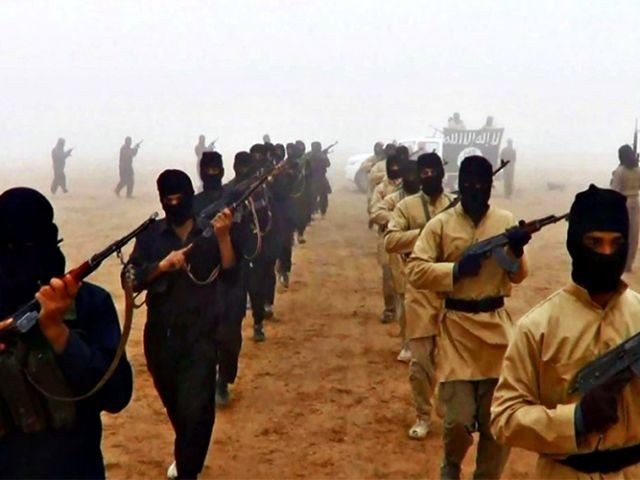Armed jihadists broke into three departments at the University of Aden in southern Yemen on Monday, distributing leaflets signed by the Islamic State (ISIS) and threatening death to university authorities if they do not enforce a strict separation of the sexes.
In addition to the division of male and female students, the Islamic State militia also demands a ban on music and the introduction of mandatory collective Muslim prayer on the university campus.
The gunmen said that the university has until Thursday to comply with their demands, after which they can expect car bombs and Molotov cocktails.
The leaflets bore the signature of the Aden and Abyan branches of the Islamic State.
The same morning of the university assault, a suicide bomber detonated a belt filled with explosives at a checkpoint in central Aden, killing two southern fighters and wounding a third, according to reports.
The latest attacks are symptomatic of a city where masked jihadists roam the streets virtually unopposed. Locals now fear that the Yemen’s second city may fall completely into the hands of the Islamic State.
“Aden is at risk of falling to Islamists and if it does, that would be a disaster for everybody,” said a Yemeni academic, under condition of anonymity.
Iran-backed Shia rebels known as Houthis have held control of the Yemeni capital of Sana’a for the past year, and in September the exiled government under Prime Minister Khaled Bahah attempted to set up a “provisional capital” in Aden, a move that lasted just weeks before they were forced to flee again.
A Saudi-led Arab coalition had recaptured Aden from the Houthis and their allies in July, but a lethal ISIS attack October 6 on the government’s makeshift offices at an Aden hotel forced the government to relocate to Riyadh.
On that day, the Islamic State orchestrated four suicide bombings on the same day, killing 11 Yemeni and four United Arab Emirates soldiers in Aden.
Bahah’s departure severely weakened state control over Aden, and the Yemeni government has been losing ground ever since. In this power vacuum, militant Islamists from several different groups—including al-Qaeda, ISIS and Houthi—all have stakes in the city.
Though the Islamic State is a relatively new player in Yemen, with al-Qaeda being the dominant Islamist presence, it has lost no time in making its presence felt. Last March, ISIS carried out suicide bombings on two Houthi-linked mosques in the nation’s capital of Sana’a, killing at least 137 people and wounding hundreds more.
Follow Thomas D. Williams on Twitter @tdwilliamsrome.

COMMENTS
Please let us know if you're having issues with commenting.